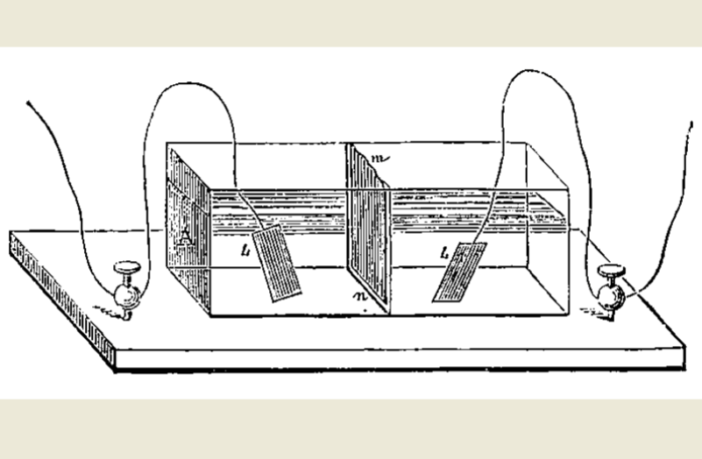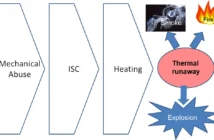Proposals are coming in fast for readily-available sodium to partly replace increasingly expensive lithium in rechargeable batteries. Researchers at Houston University achieved faster plating with sodium glassy electrodes. In simple terms, this could mean faster and more efficient recharging for future grid storage batteries.
What Is Battery Plating – How Does It Work?
An electric battery includes an active element containing ions. During charging, these ions travel from the cathode to the anode in a process chemists call plating. However, when the battery discharges the ions strip off in the opposite direction, and plate the cathode instead.
The efficiency of this process determines the charging time of the battery. However, the calendar life depends on how many ions remain active. That’s because some become lost during the re-plating cycle reducing plating density. Hence we can say better batteries will partly depend on more refined stripping and plating.
Why Faster Plating Sodium Glassy Electrodes Matters
Chemists have refined lithium battery plating to the point these dominate the market. However, this sector of the industry currently faces two challenges:
- Raw lithium metal prices have responded to accelerating demand by increasing price to the point where the industry needs alternatives.
- Raw sodium is far cheaper and more abundantly available. Therefore, it could become a great solution if chemists could resolve its shortcomings.
Progress Achieved by Houston University Researchers
We append a link to the university press release below. In summary form, the university’s battery scientists Yan Yao and Ye Zhang report as follows:
- Their research suggests ambient temperature, solid-state sodium-sulfur battery technology is a viable alternative for grid storage.
- They developed ‘a homogeneous glassy electrolyte enabling reversible sodium plating and stripping at greatly improved density’.
This is but one of many proposals on the table to develop sodium batteries to the point they compete with lithium alternatives. However, experience suggests it may not be that simple to bring this discovery to the market.
Breaking News
What Goes Up Comes Down As Green Energy
Advanced Lead Acid Batteries On the March




